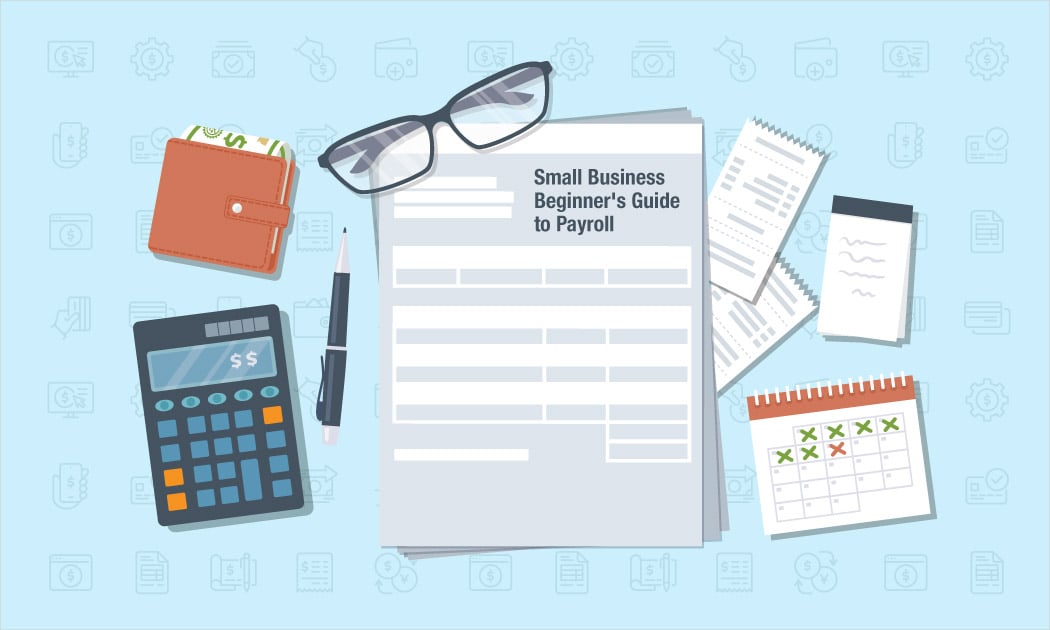The Payroll Blog
News, tips, and advice for small business owners
- Home
- Resources
- Payroll Blog
- Small Business Payroll Pitfalls and How to Avoid Them
Small Business Payroll Pitfalls and How to Avoid Them
When you're a small business owner, there's never enough time in the day. You're probably handling HR, customer service, sales, and marketing on any given day of the week, not to mention all of the back office work needed to keep the lights on, employees paid, and taxes filed – and that's before you get to the real work of serving your customers!

With everything else going on, it can be a challenge to focus the appropriate time, energy, and resources on the payroll process.
The bad news: even a small mistake can have major ripple effects.
The good news: most of the common small business payroll pitfalls can be avoided.
When it comes to payroll missteps, common problems can be divided between setup and maintenance.
Upfront Mistakes
Proper setup can be the difference between payroll success and failure. For this reason, it's imperative that you know exactly what's required of you, from a compliance perspective.
However, with so many regulations and nuances to understand and keep track of, it's easy to make a mistake. For example, you might forget to register your business for federal, state, and/or local tax withholdings. Or, it's possible that you misclassify employees, which is a red flag for the IRS.
Solution: familiarize yourself with all the rules, regulations, and laws associated with payroll. Also, don't forget to stay current with any changes that could impact your company and/or your employees.
Falling Behind
Just as important as setting things up right is setting up a payroll process that keeps you on top of deadlines, filings, and requirements on a continuous basis. As noted above, small business owners are always pressed for time. Subsequently, it's easy to put payroll on the backburner as you focus on other areas of your business.
If you don't prioritize payroll, you will trigger an avalanche of problems, not least of which is that employees will not react well to missed pay days.
Secondly, if you don't pay your taxes on time, you could be subject to penalties on the federal, state, and local levels.
Solution: create a payroll calendar to ensure that you never overlook a pay period or important tax related date.
Is DIY Payroll Right for You?
Although it's always an option to do your own payroll, as our setup and maintenance pointers indicate, there is more to this than meets the eye.
Are you up to the task of collecting all the necessary information from your employees? Are you okay with the idea that it will take several hours each pay period to organize your payroll and issue paychecks? Are you familiar with the many taxes you're required to pay and withhold?
While this list of considerations can seem overwhelming, there are websites, agencies, and vendors that can help.
Small Business Payroll Resources
If you're going it alone when it comes to payroll, you'll want to bookmark this page on the IRS website: https://www.irs.gov/businesses/small-businesses-self-employed.
If you are looking to outsource payroll to a bookkeeper, accountant, or online payroll provider, you will want to ask how they stay updated—and share updates with you, and whether they offer guarantees or protections when it comes to payroll tax compliance and audits.
The Bottom Line
There is no shortage of small business payroll pitfalls. And, although some fixes might be harder than others, there is a solution to every problem (if you know where to look).
Last week in our small business payroll series, we covered how to run your own small business payroll. The next post in our series on small business payroll will focus on hourly vs. salaried employees, breaking down the pros and cons of each so that you can determine which structure makes the most sense for your business.
Related Blog Posts
View Our Plans and Pricing
Small Business Is Our Business.
This website contains articles posted for informational and educational value. SurePayroll is not responsible for information contained within any of these materials. Any opinions expressed within materials are not necessarily the opinion of, or supported by, SurePayroll. The information in these materials should not be considered legal or accounting advice, and it should not substitute for legal, accounting, and other professional advice where the facts and circumstances warrant. If you require legal or accounting advice or need other professional assistance, you should always consult your licensed attorney, accountant or other tax professional to discuss your particular facts, circumstances and business needs.



